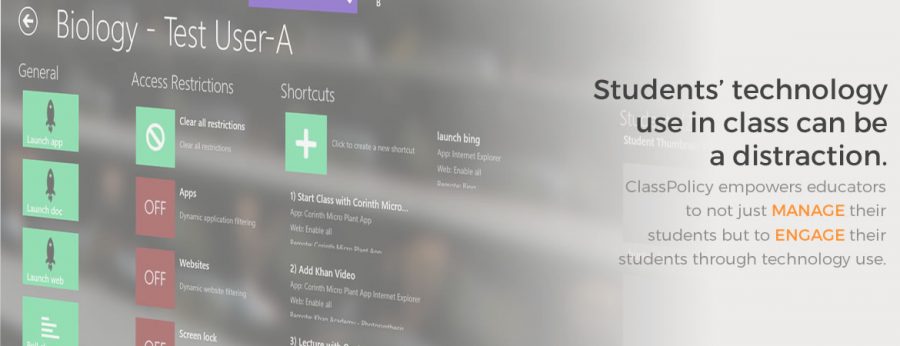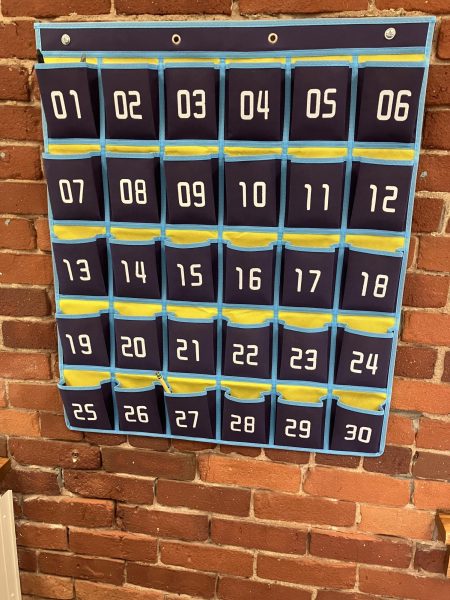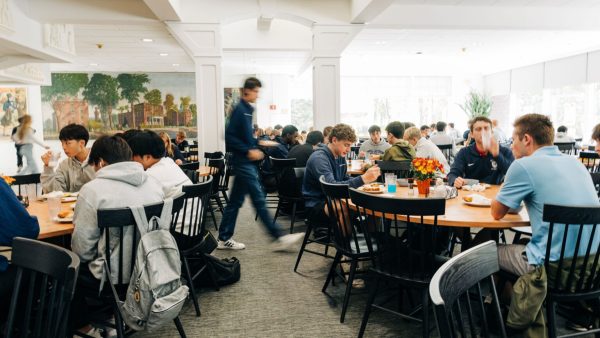How and Why Teachers Use ClassPolicy
“I can’t, class policy is on.” It’s a phrase students often find themselves saying when their teachers enable the ClassPolicy app on students’ Surfaces.
ClassPolicy is at the touch of a button for teachers during class. This task manager disables any application that a teacher wants, and lasts for as long as the teacher wants.
The ClassPolicy website states that their application allows students to stay focused by taking away students ability to use distracting programs during class.
The website states, “Students’ technology use in class can be a distraction,” and that “ClassPolicy empowers educators to not just manage their students but to engage their students through technology use.”
As expected, students have mixed feelings about class policy; some fee it can be useful at times, but very annoying at others.
Brandon McGill ’18 said that he sees why teachers use it, but it seems unnecessary at times.
“I think that it is good so that teachers can see what they are using on their Surface during tests, but during class I think that it is unnecessary,” he said.
“I feel pressured when teachers look at my screen through Class Policy,” he added. “I think it is unnecessary, they should trust that we are taking notes.”
Similar to Brandon, Oliver Lawrence ’18, believes that ClassPolicy can be useful, but personally does not find it beneficial.
“It is an easy way to keep people on task,” Oliver said. “Although sometimes it is unnecessary, and when teachers don’t turn it off, you can’t access anything in your next class.”
Logan Geisness ’18 has only seen ClassPolicy used by one teacher but honestly doesn’t mind it.
“It’s hard to slip away from doing work when class policy is on,” Logan said.
Math teacher Carey Baldwin said that class policy is very useful for helping to interact with students.
“It helps students stay focused in class with app restriction, sending messages to all student devices, and my favorite … showing student work quickly and efficiently by projecting each student’s screen,” she said.
“Application restriction can sound invasive, however, some students really struggle to stay focused and need assistance,” Baldwin noted.
Cam Jefferson is a Post Graduate from Belmont, Massachusetts. He is a resident of the Conant House and plays Hockey and Golf. He enjoys spending time with...









:James arnold • Jun 7, 2021 at 12:27 PM
Class policy has pretty much all the capabilities of NJrat, except NJrat’s screen refresh rate is greater. Class policy is just a remote access trojan connected to all the school computers. I was lucky i could chromecast to the teachers computer, you can imagine what i did ?. still, its effectively spyware, and an invasion of privacy.
d • Feb 3, 2021 at 8:24 PM
I think class policy is unintentional but I understand why teachers use it.
No • Feb 14, 2020 at 11:55 AM
Class policy = very good.